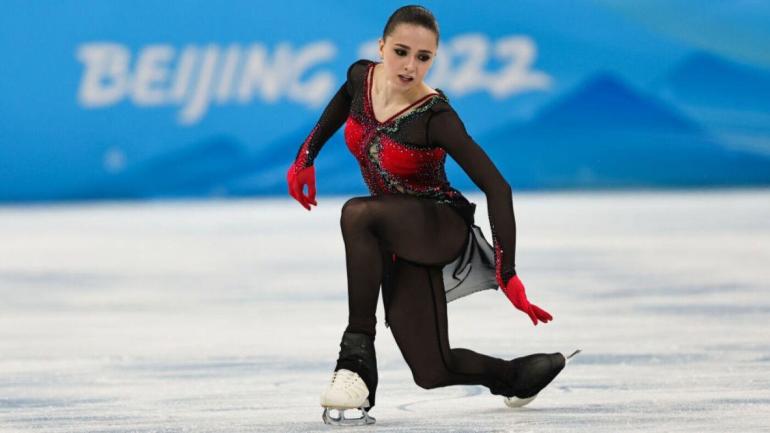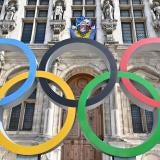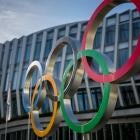
After originally ruling that 15-year-old Olympic figure skater Kamila Valieva owned "no fault or negligence" in testing positive for a banned substance in December 2021, the Russian Anti-Doping Agency (RUSADA) has now filed an appeal with the Court of Arbitration for Sport (CAS) in which it recommends discipline for Valieva.
The CAS announced that RUSADA joined the World Anti-Doping Agency (WADA) and the International Skating Union (ISU) in appealing the original decision on Friday. However, RUSADA is requesting more lenient discipline for Valieva than the other two agencies. In its appeal, RUSADA calls for "the appropriate consequences (which may include or be limited to a reprimand)."
In December 2021, Valieva tested positive for traces of trimetazidine. Despite that result, RUSADA allowed the 15-year-old Valieva to participate in the 2022 Olympics. After reviewing her case, RUSADA initially said that Valieva did commit an anti-doping rule violation but did not find her at fault for the failed test.
After further investigating RUSADA's original ruling, WADA recently announced that it would file an appeal with the CAS. In its appeal, WADA requested a four-year ban for Valieva, as well as a disqualification of all her results after Christmas of 2021.
"Within the appeal, WADA is seeking a four-year period of ineligibility and disqualification of all the athlete's results from the date of the sample collection on 25 December 2021," WADA said in its statement. "As it has sought to do throughout this process, WADA will continue to push for this matter to proceed without further undue delay."
One day later, the ISU announced that it will also be appealing RUSADA's ruling with the CAS. The ISU also wants disqualifications for all of Valieva's results since she tested positive, but it will leave the length of the ban up to the CAS.
"The ISU is seeking a period of ineligibility at CAS's own discretion, starting from 25 December 2021 and disqualification of all results achieved during this period including forfeiture of any medals, points and prizes," the ISU wrote in its announcement.
The ISU said it wants to protect athletes from the negative effects of doping, but in order to do that, there need to be sanctions for those found guilty of doping.
"The ISU is of the opinion that all young athletes must be protected against doping. Such protection cannot happen by exempting young athletes from sanctions," the ISU said in a statement.
At the 2022 Olympics, just months after her failed drug test, Valieva and the rest of the Russians won gold in the team event. The United States settled for silver. If Valieva's results are disqualified, the U.S. would retroactively be awarded the gold medal.
In a statement released earlier this month, U.S. Figure Skating said it was "deeply frustrated" by how long the process has taken and called on the world doping authorities to make a decision so the athletes could get the recognition they deserve.




















